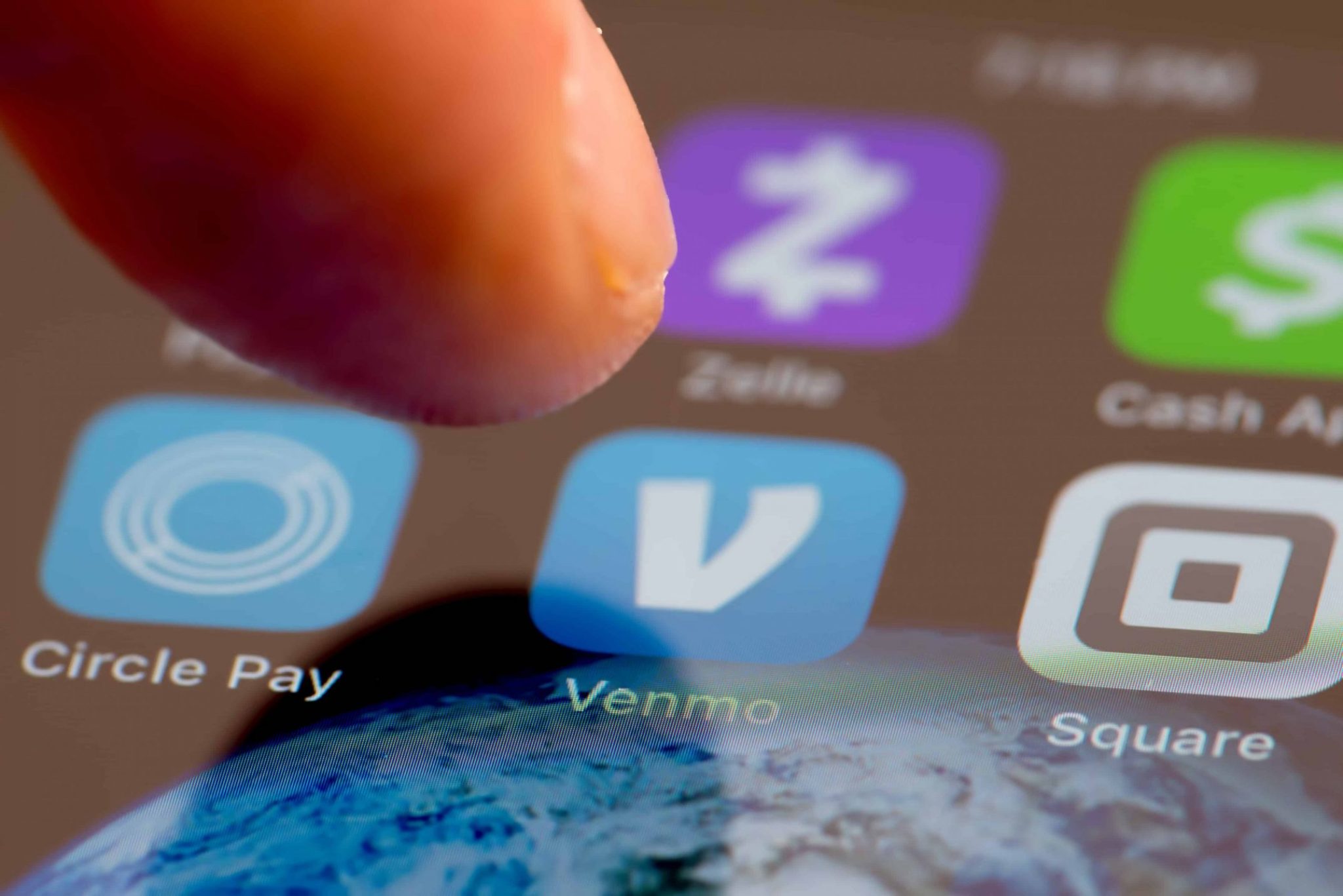If you own a small business and routinely use payment apps like Venmo, PayPal, and Cash App, there’s a good chance the IRS will know about it in 2022.
Back in March of 2021, Democrats passed the American Rescue Plan bill without any Republicans voting in favor of it. That meant that starting this year, third-party payment processors are mandated by law to report business transactions to the IRS if the user exceeded $600 in payments on the app for the year.
Before this year, the requirement was that businesses had to send out 1099 forms if their gross income exceeded $20,000 or had 200 separate transactions a calendar year.
Before you get too freaked out by this new rule, it only applies to payments made for goods and services—typical business transactions. If you routinely use Venmo to give your kids spending money, pay your share of the cable bill to a roommate, or reimburse your friend for a plane ticket or dinner, you are excluded.
Also, if you sold an item at a loss, you are excluded from this new rule. For instance, if you purchased a smart TV during Black Friday in 2019 for $350 and then sold it for $275, the rule does not apply.
Here’s what PayPal said about the new rule on their website.
“For the 2022 tax year, you should consider the amounts shown on your Form 1099-K when calculating gross receipts for your income tax return. The IRS will be able to cross-reference both our report and yours.”
Also, here’s one more detail to keep in mind. This new rule applies for the 2022 tax-filing season and not 2021.


















Add comment